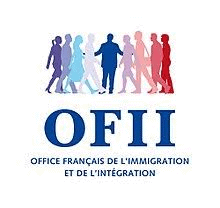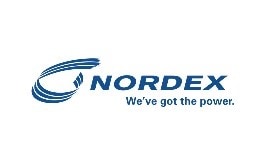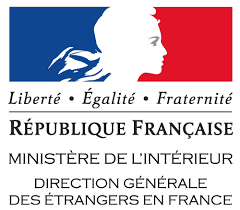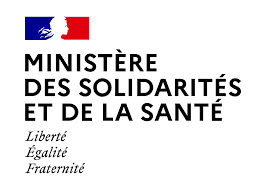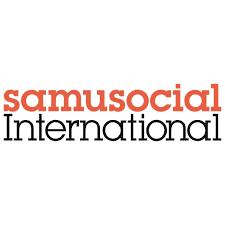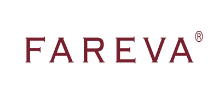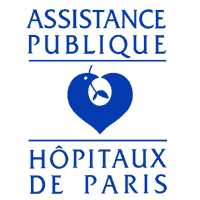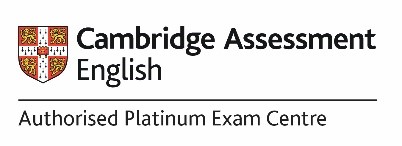Tourist translation
Tourism is the world’s leading economic sector
In a society that is becoming more interconnected and open to the world, the tourism market continues to develop and is currently playing an important role on the international stage. The tourism industry, the world’s largest economic sector, is actually booming. This growing interest for exploration of new horizons has brought about considerable consequences for the translation market.
Rapidly developing activity:
The demand for tourism translation is constantly increasing all over the world, whereby the demand for multilingual translations is particularly growing. The mass media that can be translated in the tourism sector are diverse and varied: websites, catalogs, brochures, detailed programs, travel guides, leaflets, etc.
As the cultural characteristics of different target languages differ, writing can become adaptable when it comes to expressing anecdotal elements which may evoke interest of the recipient. Translating tourist brochures then consists in cultural mediation. It involves transferring values from one culture to another, while promoting the specific identity of a region or a community.
The profession of tourist translator:
A travel translator offers his services to travel agencies and groups, tourist offices, tourism facility managers and travel industry professionals. A good translator is a professional having a deep understanding of the culture and customs of the target language. He should also possess a good knowledge of the place or region in which he specializes, as well as its history and cultural characteristics. Indeed, if the translator has never set his foot in the land mentioned during his translation, it can considerably complicate his task.
The travel translator must ensure that his translation is properly adapted to the target culture in order to accurately reproduce the message contained in the original text. Thus he assumes responsibility for the final formulation of the text. In this sense, he not only deals with translation, but offers you a whole range of marketing services. In addition to simple translation, his mission is to respect cultural differences, take into account the economic reality of the target country, master semiotics, iconography and get round the syntactic limitations of the original text in order to preserve its authenticity.
Translation in the tourism industry is an area requiring great writing skills. It should be a vector of escape, exoticism or dream, and in addition it should offer a taste for adventure. The transmission of the initial message is considered successful if the phraseology and tone used are well suited to the target culture. It is extremely important not to translate verbally, giving precedence to creative approach: the goal here is not to literally transcribe the source text, but to reproduce the message it contains.
Conclusion:
We can say that tourism translation is, strictly speaking, an area requiring specialization. Like many specialties, it cannot be improvised and manifests its own features. It must therefore be carried out by professionals ensuring precise reproduction of the original message.
- Reactivity
- Optimal quality
- Absolute confidentiality in the realization of your projects
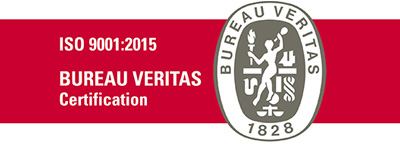 AFTCom is an ISO 9001: 2015 certified agency; the certificate registered under the number FR061595-1 has been issued by Bureau Veritas
AFTCom is an ISO 9001: 2015 certified agency; the certificate registered under the number FR061595-1 has been issued by Bureau Veritas 
